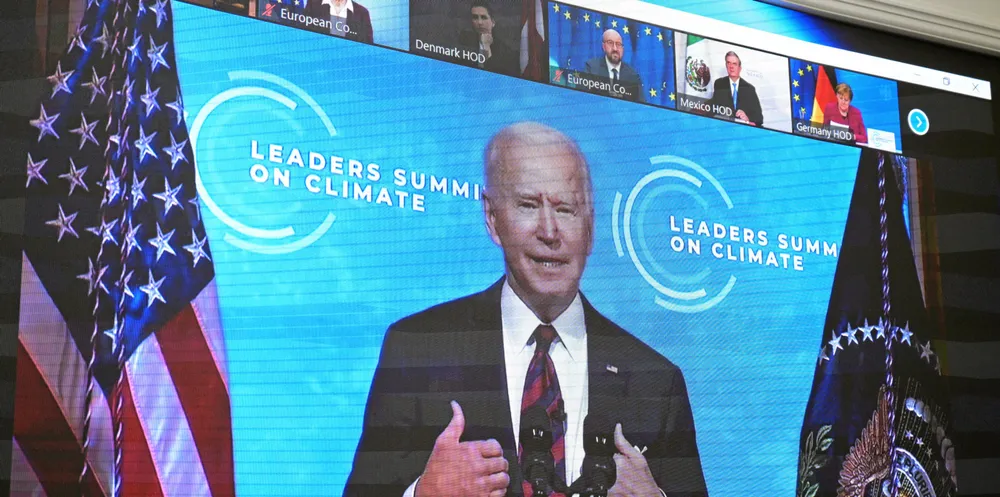How to convince sceptical politicians and governments to commit to net zero
The lure of cheaper energy, job creation and improved air quality — with proof from other countries — will be hugely effective, ETC director Faustine Delasalle tells Recharge
